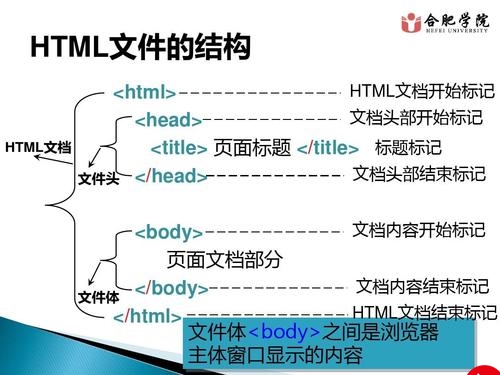立即学习:https://edu.csdn/course/play/10534/378126?utm_source=blogtoedu
#include <stdio.h>
void fun1(const int x) {
int true = 1;
int false = 0;
int ret = 0;
if (x == 0) {
ret = false;
} else {
ret = true;
}
if (ret) {
printf("fun1: true\n");
} else {
printf("fun1: false\n");
}
}
void fun2(const int x) {
typedef enum {false, true} bool;
bool ret = false;
if (x == 0) {
ret = false;
} else {
ret = true;
}
if (ret) {
printf("fun2: true\n");
} else {
printf("fun2: false\n");
}
}
void fun3(const int x) {
#define false 0
#define true 1
int ret = false;
if (x == 0) {
ret = false;
} else {
ret = true;
}
if (ret) {
printf("fun3: true\n");
} else {
printf("fun3: false\n");
}
}
int main() {
int x = 0;
printf("please input a int: ");
scanf("%d", &x);
fun1(x);
fun2(x);
fun3(x);
return 0;
}
更多推荐
学习笔记(51):C语言入门到精通-bool类型








发布评论